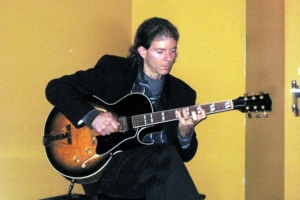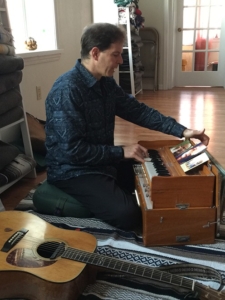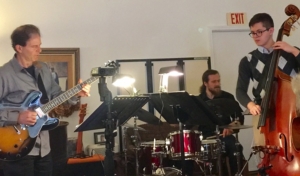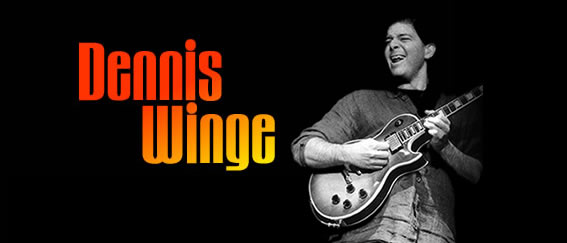Reflections on “Translation” by Rick Rubin: A Personal Journey in Creativity and Music
Rick Rubin’s chapter “Translation” from his book “The Creative Act: A Way of Being” offers profound insights into the essence of artistry and the creative process. As I reflect on Rubin’s wisdom, I find a deep connection between his thoughts and my approach to performing at events, parties, and weddings.
Art as Decoding
Rubin begins by describing art as an act of decoding—receiving intelligence from a Source and interpreting it through our craft. This resonates with me as a musician who seeks to translate emotions and moments into performances that touch the hearts of those in attendance. It’s about channeling something greater than myself, a form of communication that transcends words.
translate emotions and moments into performances that touch the hearts of those in attendance. It’s about channeling something greater than myself, a form of communication that transcends words.
The Role of Skill and Fluency
The level of skill, as Rubin points out, greatly influences our ability to articulate this translation. Just as vocabulary enriches communication, musical proficiency enhances the depth and breadth of emotional expression. This concept underscores my commitment to continuous improvement. By expanding my musical vocabulary, I aim to offer richer, more nuanced performances that elevate the atmosphere of any event.
Creativity in Interpretation
In performing songs at events, I strive to infuse them with my own creativity, making them sound uniquely mine while serving the event’s emotional and thematic needs. Rubin’s discussion on fluency and freedom in creation inspires me to explore diverse interpretations of familiar tunes, ensuring they resonate on a personal level with each audience.
The Journey of Learning
Echoing Rubin’s sentiment, I view myself as both a professor and a student of music. The journey of learning never ends, and every performance is an opportunity to evolve and refine my craft. This mindset allows me to approach each event with fresh eyes and ears, ready to adapt and create in ways that best serve the moment.
The Emotional Connection
Rubin’s distinction between technical prowess and emotional connection strikes a chord with me. While technical skills are crucial, they are merely tools to facilitate the deeper goal of emotional engagement. A simple melody played with genuine emotion can often have a more profound impact than the most complex composition. This philosophy guides my approach to music, prioritizing connection and feeling over technical display.
The Power of Simplicity
The chapter also reassures that learning more theory or technique should not dilute the purity of expression. Instead, it provides a larger palette from which to draw. Inspired by painters like Barnette Newman and Piet Mondrian, I appreciate the power of simplicity. At times, the most straightforward musical choices can convey the deepest feelings, embodying elegance and clarity.
Honoring Cr eation through Craft
eation through Craft
Ultimately, Rubin’s reflections affirm my belief that honing one’s craft is a form of honoring creation itself. It’s not about achieving recognition as the best but about embracing the journey of improvement and expression. Each event I play is a canvas, and my performance is an offering, a way to celebrate and contribute to the beauty of the moment.
Rick Rubin’s “Translation” chapter is a manifesto for artists in any field. It validates my experiences and aspirations as a musician, reminding me that through continuous learning, creative interpretation, and emotional connection, I can transform any event into a memorable experience. This journey of translating the unspoken into music is not just my profession; it’s my calling, my way of being.
—
If you’re thinking about live music for your event, book a free music consultation with me or contact me through the contact page for more details.



